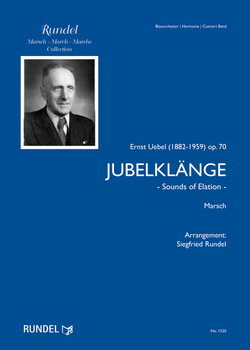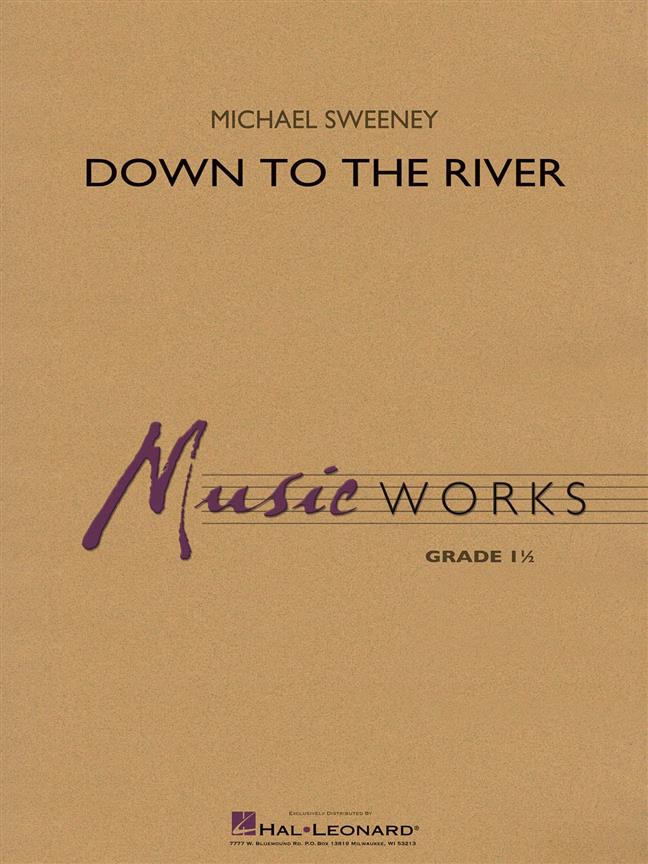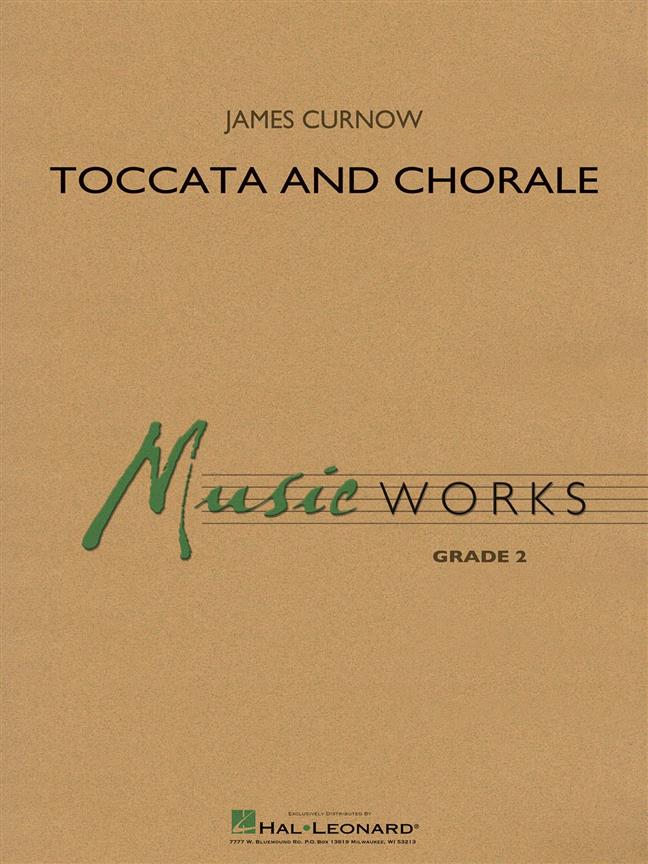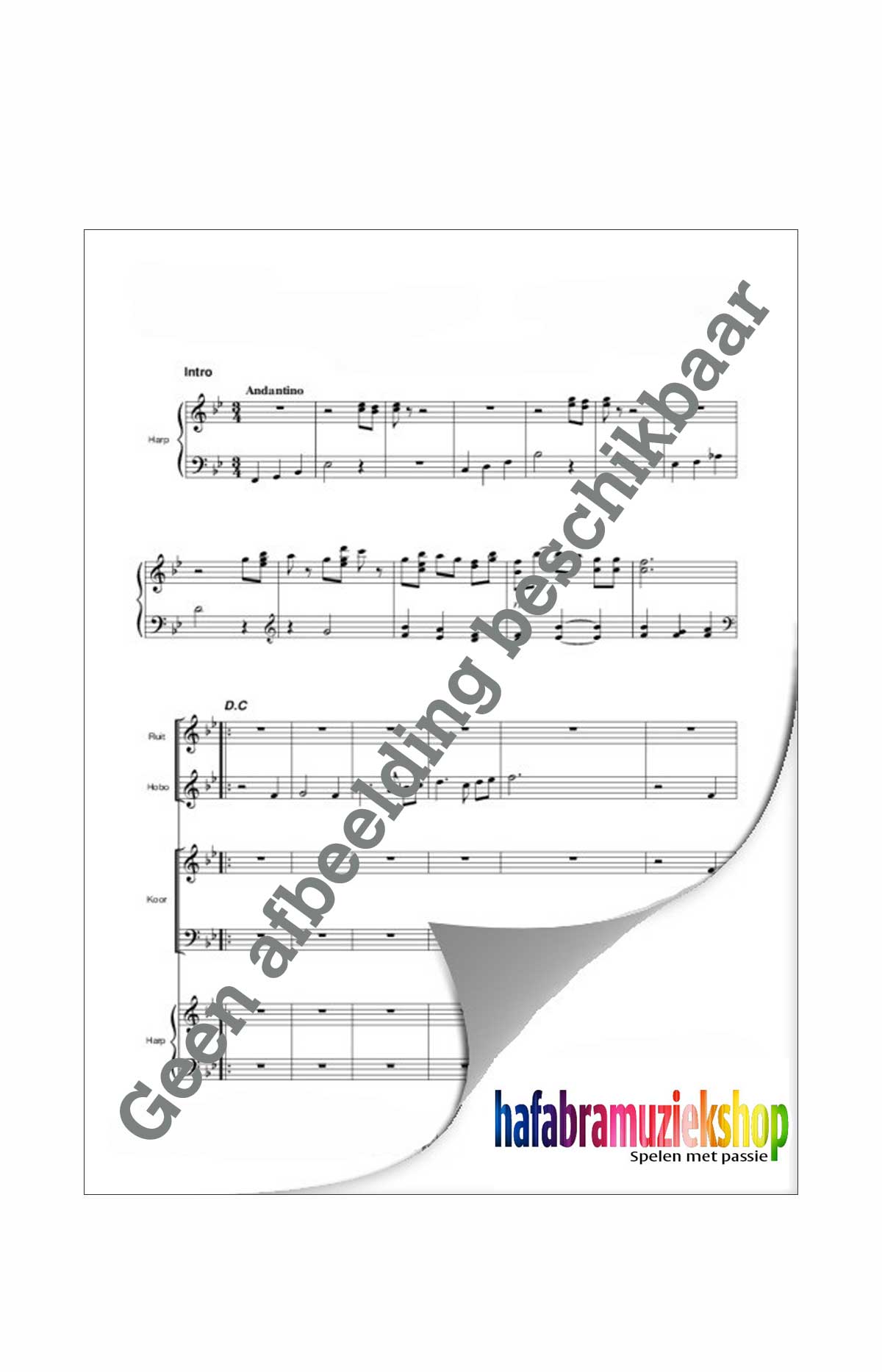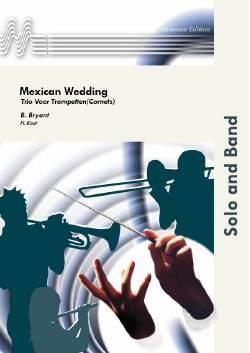Beschrijving
The composer and music director Ernst Uebel (1882-1959) spent most of his life in the city of Klingenthal. It is therefore not astonishing at all that his magnificent march “Jubelklänge (“Sounds of Elation”), which instills cheerfulness and happiness in the listener, is regarded as the secret anthem of Klingenthal. This holds especially true as each strain of it is considered by experts as a “musical gem”.
Ernst Uebel had a solid foundation, both as a technician and a composer. Uebel completed with distinction the master class of the city school of music in Klingenthal, and then worked in the instrument-making trade for six years. In 1909 he became a teacher of brass and string instruments at the local music school, and in 1928 he obtained the diploma as a technical instructor. Parallel to this he embarked on his musical career, as in 1911 he was appointed director of the city wind band of Klingenthal. This appointment called for an education at the Dresden Conservatory of Music from which he graduated as a music teacher in 1912. In 1921 Ernst Uebel became City Music Director of Klingenthal, and five years later, he composed his unrivaled march “Jubelklänge” (“Sounds of Elation”).
Although “Jubelklänge” figures among the very few marches of universal appeal, since it is highly popular in numerous countries, it actually is a “young march”, as it became generally known only in the wake of German unification.

